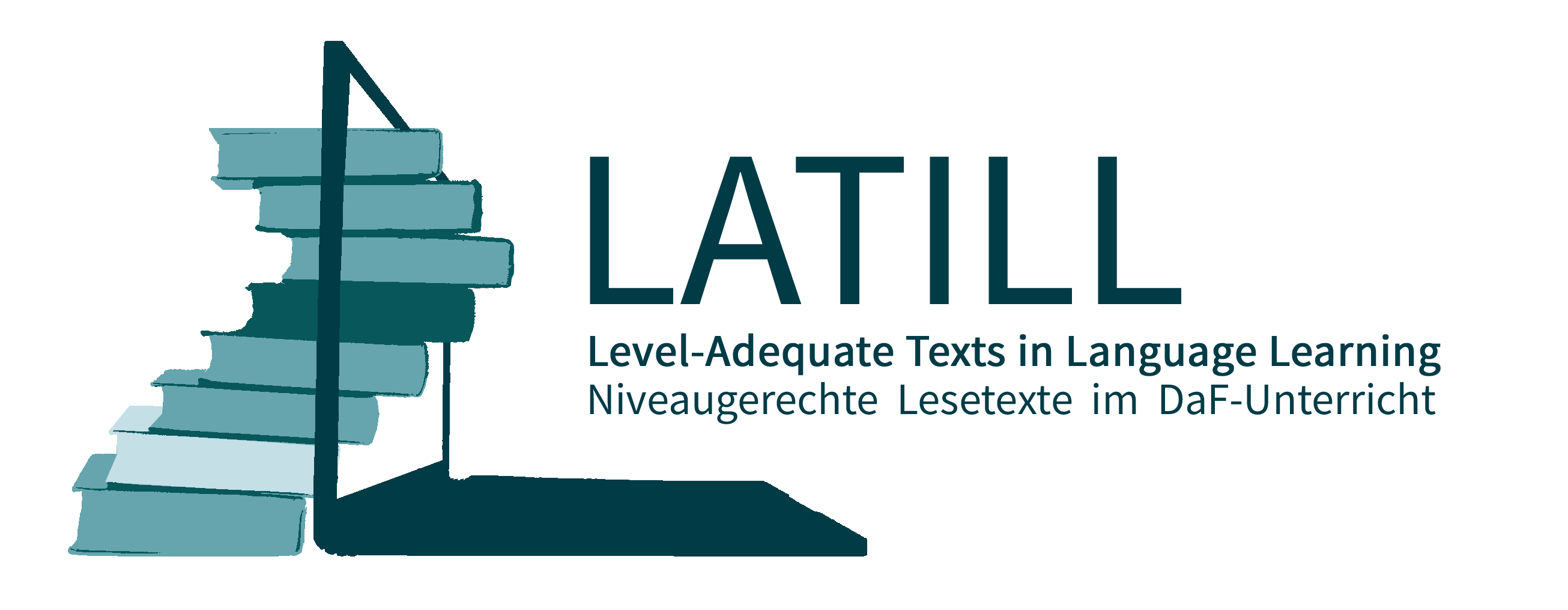Registration is open from 8:30 to 10:30 on Thursday and from 9:00 to 10:00 on Friday in the room next to the Salón de Grados in the Solis Building.
Thursday, 9 January 2025
9:00 – 9:30 Opening – LATILL project – See presentation
Susana Olmos Migueláñez, Alicia García Holgado, Mar Soliño Pazó, Martina Kienberger
9:30 – 10:30 Plenary session – AI in Education – See presentation

Roberto Therón (Universidad de Salamanca)
10:30 – 12:00 Workshop – Introduction to AI applied to language teaching – See presentation
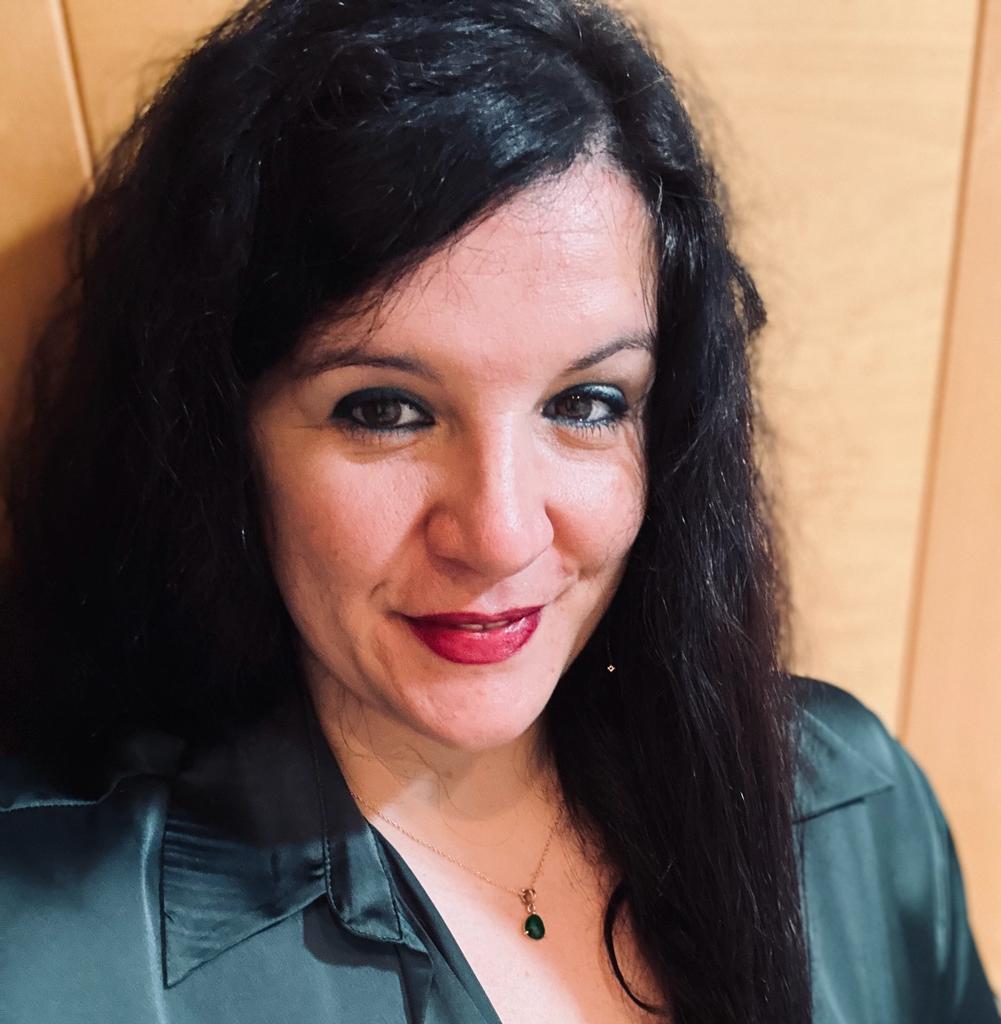
Elena Merino (Universidad Internacional de La Rioja)
AI has come to revolutionise the traditional student-teacher binomial, adding another dimension. The new pedagogical triangle offers a series of possibilities in language teaching that we need to understand and implement. Based on ChatGPT, OpenAI’s popular chatbot, we will explore the options offered by AI for working on language skills both in and outside the classroom. On the other hand, we will review the perceptions that language teachers have of AI in order to improve its assessment.
12:00 – 12:30 Coffee break – Faculty of Education Cafeteria
12:30 a 13:30 Workshop – LATILL platform and the use of AI in language teaching – See presentation

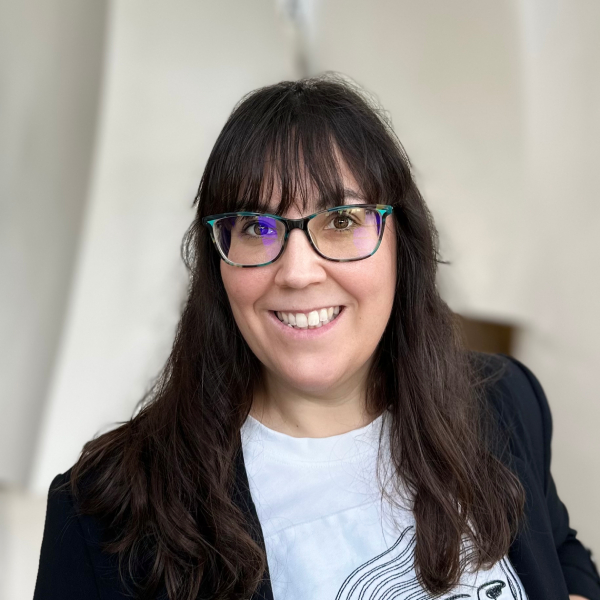
Andrea Vázquez-Ingelmo und Alicia García Holgado (Universidad de Salamanca)
The LATILL platform, developed in the framework of an Erasmus+ project, facilitates the use of generative AI tools by German teachers in the preparation of their lessons. Although the platform has a corpus of texts in German, the workshop is open to all participants of the conference. Use cases, benefits, and practical examples for improving language teaching and learning will be discussed.
[Free time for lunch]
16:00 – 18:00 Taller – Reading skills in German language teaching (Activity in German) (Location: Aula 17A, first floor, Solis Building) – See presentation
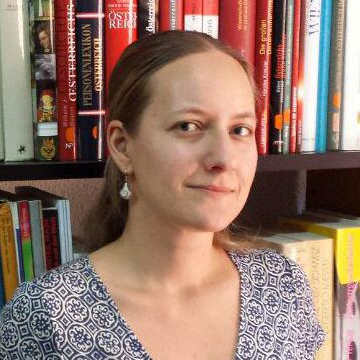
Martina Kienberger (Universidad de Granada)
How can you motivate learners to read and organise reading lessons that are adapted to their needs? In this practical workshop, the principles of contemporary reading promotion in German as a foreign language lessons are presented and illustrated using examples from the LATILL platform (latill.eu). The focus is on getting to know and reflecting on activity-orientated and internally differentiated methods.
16:00 – 18:00 Digital resources and artificial intelligence for teaching and learning Spanish – See presentation
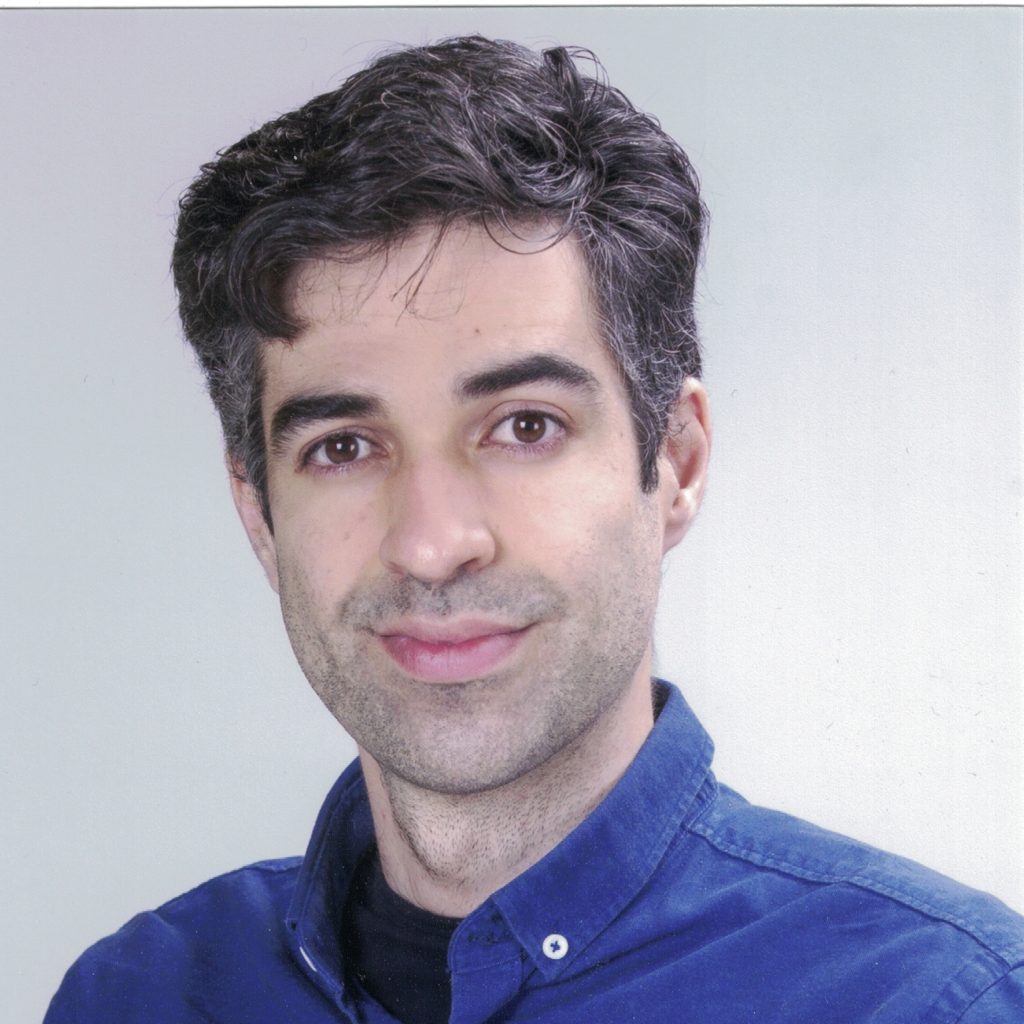
Roberto Rubio Sánchez (University of Burgos)
This workshop offers an introduction to the use of digital tools and artificial intelligence applications in the teaching of Spanish. It will address utilities for teachers, such as the creation of schedules, rubrics and evaluation strategies. In addition, applications that allow students to take advantage of these tools in their own learning in an autonomous way will be explored. A practical session to learn about the potential of technology in the teaching and learning of languages in general and Spanish in particular.
Friday, 10 January 2025
9:00 – 10:00 Plenary session – AI in the teaching of German at ESO and Baccalaureate level – See presentation
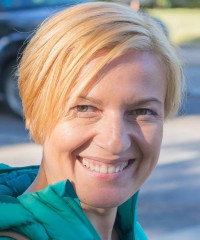
Christina Holgado-Sáez (Universidad de Granada)
The talk will cover both the use of artificial intelligence (hereafter AI) in teaching German at the secondary levels and the types of AI tools that can personalize learning by adapting to each student’s linguistic level, vocabulary, and skills, while also considering teachers’ methodologies. Tools for content presentation, image and video creation, educational content development (programming, teaching guides, video transcription, question generation, writing practice, spell and grammar checkers, etc.), and instant feedback on written activities will be presented. An AI aggregator will be offered to stay updated on the most innovative tools. The talk emphasizes the importance of integrating these technologies ethically and pedagogically.
10:00 – 11:00 Presentation of posters in digital format
AI Empowering Chinese Teaching – Hong Mei Li (Universidad de Pontificia Comillas) – https://doi.org/10.5281/zenodo.14618561
Literarische Gespräche mit mizou.com – Julia Calañas Prieto (IES Félix Rodríguez de la Fuente) – https://doi.org/10.5281/zenodo.14618548
Desarrollo de la competencia digital en IAGen del alumnado universitario de alemán – Almudena Mallo Dorado y Amador García Tercero (Universidad del País Vasco UPV/EHU) – https://doi.org/10.5281/zenodo.14618567
Inteligencia artificial, imagen y escritura digital en la enseñanza del chino como L2: tres actividades para alumnos universitarios (niveles A1 y A2) – Ya Hui Liu Zhou (ESIC B&MS, Valencia) – https://doi.org/10.5281/zenodo.14618578
11:00 – 11:30 Presentation of SIPPE-UsalEmprende and MAYA-USAL project – See presentation
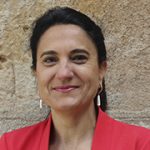
Emiliana Pizarro Lucas (Universidad de Salamanca) – Head of the Employment and Entrepreneurship Service. (SIPPE-UsalEmprende)
The MAYA-USAL project aims to design and develop virtual tools to support an innovative environment for the exchange of linguistic services, supported by the use of Artificial Intelligence (AI) techniques and large language models (LLM). It is worth highlighting the training courses, available online, to bring these new technologies closer to profiles focused on teaching Spanish.
11:30 – 12:00 Coffee break – Faculty of Education Cafeteria
12:00 – 13:30 Round table – AI in education
Mar Soliño
Degree and PhD in Germanic Philology from the University of Salamanca and the Julius Maximilians University of Würzburg (Germany).
Francisco José García-Peñalvo
PhD in Computer Science from the University of Salamanca. University Professor in the Department of Computer Science and Automatics at the University of Salamanca.
Elena Merino
PhD in Spanish Language and Literature.Director of the School of Languages at UNIR.Lecturer on the Master’s Degree in Spanish Language Teaching at UNIR and Director of TFM.Teacher of language teaching and AI for both students and teachers through different workshops.
Elisa Álvarez Fernández
German teacher at As Lagoas Secondary School in Ourense.
Roberto Rubio Sánchez
Graduate in History and Music Sciences (2009) and Italian Philology (2012) from the University of Salamanca. At the same University he has completed the official Master’s Degree in Teaching Spanish as a Foreign Language (2010). He is currently an Associate Lecturer at the University of Burgos.
